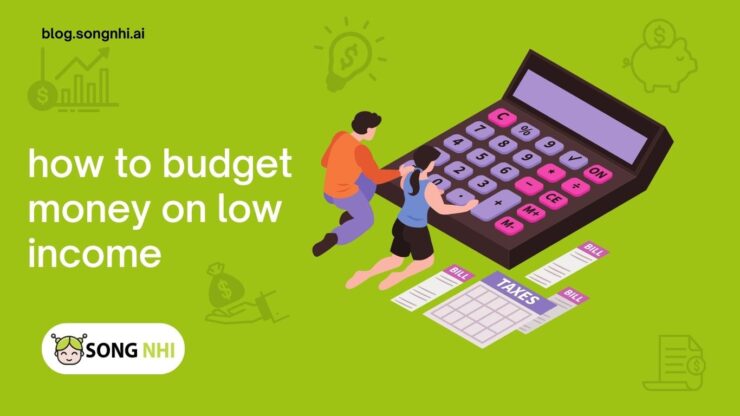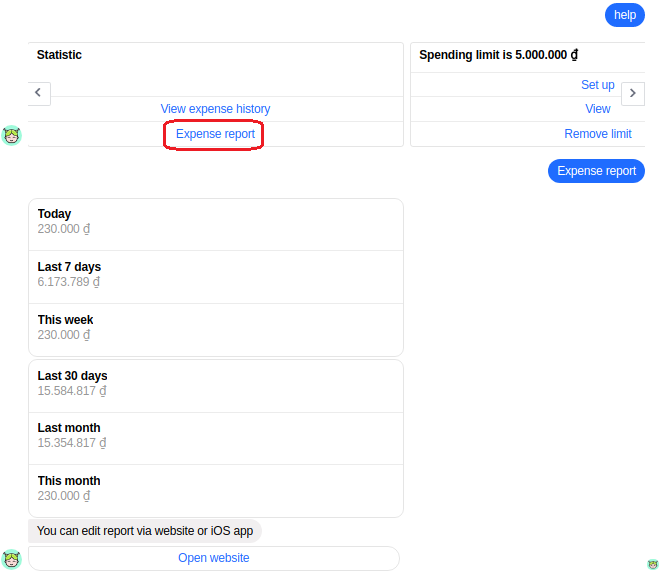Budgeting is a fundamental aspect of financial management that allows individuals to allocate their income effectively and achieve financial stability. While budgeting is important for everyone, it becomes even more crucial for individuals with a low income. In this article, we will provide practical tips on how to budget money on a low income, helping you make the most of your resources and improve your financial well-being.
1. Assess Your Income and Expenses
Start by evaluating your income and listing all your expenses. Take into account both fixed expenses (rent, utilities, debt payments) and variable expenses (groceries, transportation, entertainment). This will give you a clear picture of your financial obligations and discretionary spending.
2. Prioritize Essential Expenses
When you have a limited income, it’s crucial to prioritize essential expenses such as housing, utilities, and food. Allocate a significant portion of your income to cover these necessities and ensure that your basic needs are met before addressing discretionary expenses.

3. Cut Back on Non-Essential Expenses
Identify areas where you can reduce or eliminate non-essential expenses. Consider cutting back on dining out, entertainment subscriptions, or unnecessary shopping. Small adjustments in these areas can make a significant difference in your overall budget.
4. Create a Realistic Budget
Based on your income and expenses, create a realistic budget that aligns with your financial situation. Allocate funds for each expense category, ensuring that your total expenses do not exceed your income. Be diligent in sticking to your budget to avoid overspending.
5. Embrace Frugal Living
Adopt a frugal lifestyle by finding ways to save money on everyday expenses. Look for discounts, use coupons, buy generic brands, and consider shopping at thrift stores. Explore free or low-cost entertainment options such as local parks, libraries, and community events.
6. Reduce Housing Costs
Housing costs typically form a significant portion of the budget. Consider downsizing to a smaller, more affordable living space or explore options for shared housing. If possible, negotiate lower rent or explore government assistance programs for affordable housing.
7. Save on Transportation
Transportation expenses can also put a strain on a limited budget. Explore cost-effective transportation options such as public transit, carpooling, or biking. If owning a car is necessary, consider downsizing to a more fuel-efficient vehicle or explore car-sharing services.
8. Build an Emergency Fund
Even on a low income, it’s important to prioritize building an emergency fund. Set aside a small portion of your income each month to create a financial cushion for unexpected expenses. Start with a modest goal, such as saving $500, and gradually work your way up to a more substantial emergency fund.

9. Seek Additional Income Sources
Consider exploring additional income sources to supplement your low income. Look for part-time job opportunities, freelance work, or gig economy platforms that allow you to earn extra money. Utilize your skills and talents to generate additional income when possible.
Related articles:
- How to Create a Budget for Effective Financial Management
- Practical Tips for Nourishing Your Body and Wallet
- How to Make a Monthly Budget
- Why You Need a Budget App?
10. Seek Financial Assistance and Resources
Don’t hesitate to seek financial assistance or utilize resources that are available to individuals with low incomes. Research local community organizations, government programs, and non-profit agencies that offer support for housing, healthcare, food, and other essential needs.
Conclusion
Budgeting money on a low income requires careful planning and prioritization. By assessing your income and expenses, prioritizing essential expenses, cutting back on non-essentials, creating a realistic budget, embracing frugal living, reducing housing and transportation costs, building an emergency fund, seeking additional income sources, and utilizing available resources, you can effectively manage your finances and work towards a more secure financial future. Remember, small steps and consistent effort can lead to significant improvements in your financial situation.

















